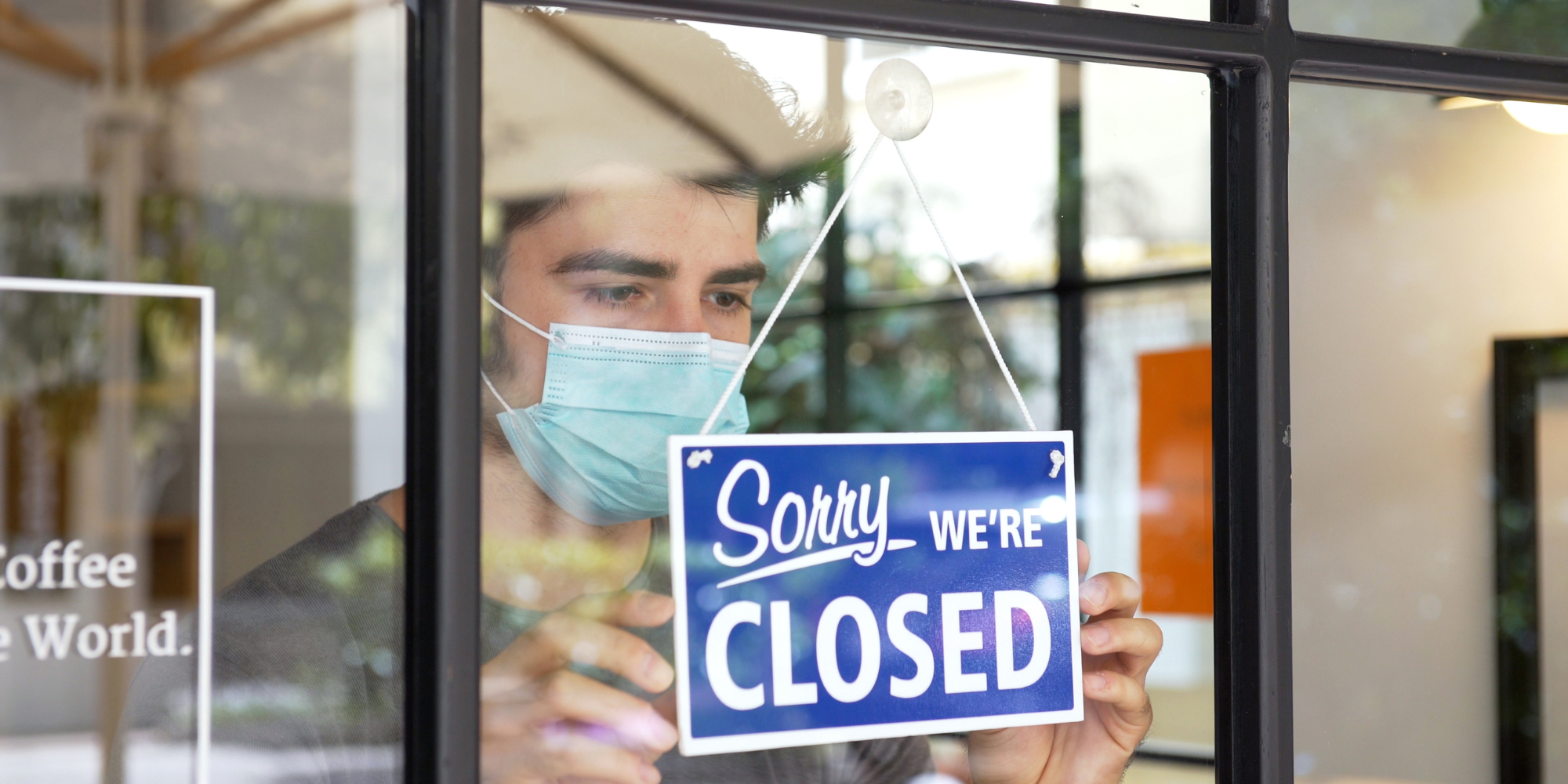Canada needs small businesses to survive Covid-19

This post was originally published on Medium prior to government supports being announced for businesses. Just as I feared, those supports weren't sufficient to save many small businesses that closed their doors.
In this time that’s filling so many of us with anxiety, I’m also feeling gratitude for the actions the Canadian government is taking to mitigate the spread and impact on our healthcare system. On a personal basis, I’m also grateful to leadership in Ontario and the City of Ottawa as well. I can only imagine the stress of making difficult decisions about such an unprecedented situation, all while trying to do your part and protect yourself and your loved ones.
Small businesses are facing similarly difficult decisions, along with fear about our uncertain future because of the steep decline in business as so many have taken action to accommodate the Covid-19 response.
Relief for small businesses across the country will be critical to our recovery when this is over, and it’s reassuring to hear Prime Minister Trudeau and the ministers continue to express their commitment to helping us get through this. Because small businesses are the backbone of our economy and over a third of small businesses are based in Ontario.
The spread of coronavirus has put our livelihood and families at risk.
Here are a few examples of what my friends in the business community are experiencing:
- Wellness clinics staffed by contractors have voluntarily shut their doors.
- Retail and restaurant establishments are cutting hours and access to products and services.
- Personal services (house cleaning, dog walking, etc.) are being cancelled while people work from home.

It’s the right thing to do and no one’s complaining — we’re all willing to do our part. But there’s fear and concern about the future, particularly for businesses that operate on thin margins.
When consumer businesses shut down, they don’t make money. When they aren’t making money, they can’t pay staff, contractors or vendors. But these business owners care too much about the health of their staff, their customers and their families to continue operations, whether they chose to close or not.
But the consequences don’t stop there: If multiple B2C businesses close their doors, this will reduce the demand for B2B service providers, creating a ripple effect of yet more businesses struggling to bring in customers and generate enough revenue to remain viable.
For some, voluntary closure means insurance isn’t going to help. For some, their insurance won’t help in a pandemic anyway. And others have no insurance for a variety of reasons.
That’s why we have to look to our government.
So far, the option we’ve been given is to borrow money at a low-interest rate — a truly scary prospect when we’re facing an indeterminate time of slow or no business. It’s even less palatable for businesses that have already maxed out their credit. Women business owners are particularly vulnerable.
Small businesses employ the majority of private-sector workers and small businesses account for nearly 40% of Canada’s GDP. It’s a segment of our economy that is vital to our way of life in Canada.
Things are changing fast and plans are shifting, there are also promises of new plans to come. But the thing that keeps small business owners up at night is whether their business will survive when we’ve gotten past Covid-19.
For those who are ineligible for EI, aren’t bringing in any wages, and a loan isn’t an option, there are very real fears:
- How do we pay rent/mortgage while in quarantine?
- How do we pay bills? Buy food?
- How do we ensure our business is still viable when we can resume operations?
- How do we retain good staff when we have no revenue coming in?
That kind of stimulus package for small business could be the thing that keeps our businesses viable and help the economy recover more quickly when this crisis passes.
- Freeze residential and commercial rents and mortgage payments.
- Pause or reduce payments for essential utilities, including internet.
- Fund a Main Street bailout for small business owners.
Whatever you do, make it inclusive. All citizens and residents of Canada who own and rely on small businesses for their livelihood should be eligible for relief beyond CERB. This is how the government can help ensure a quicker recovery when this is over.
The current focus is getting people to stay home and slow the spread. This is the highest priority next to the health and safety of those who are most vulnerable to the coronavirus.
However, this will be easier to accomplish if small business owners are assured that the government has a plan to provide a safety net.
We may be small, but we are mighty. And together, we’re too big to fail.




